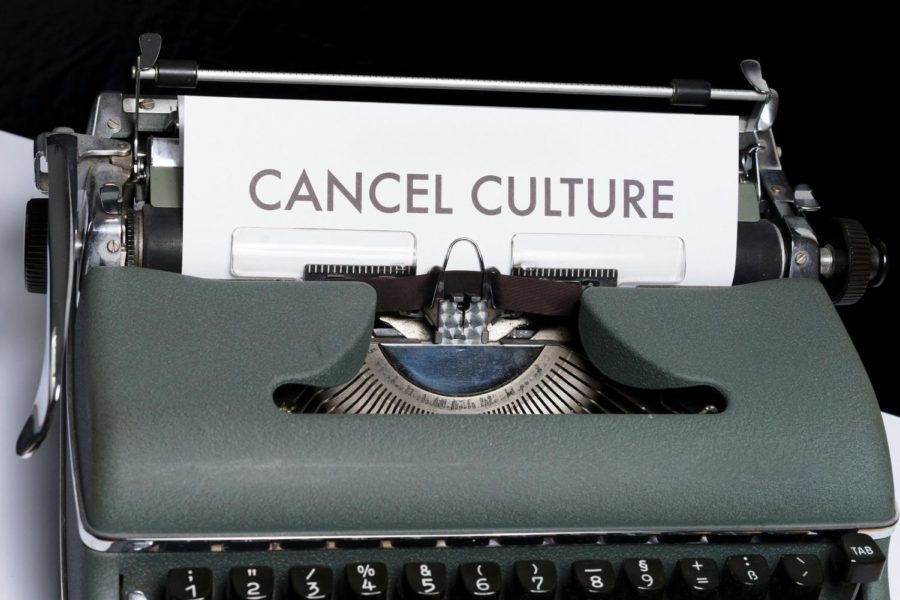Editorial: The nature of cancel culture
July 20, 2020
Two weeks ago, over 150 writers and activists signed an open letter calling for the end of cancel culture.
The letter argues that cancel culture threatens the right to free speech and promotes “an intolerance of opposing views [and] a vogue for public shaming and ostracism.”
The basis for this part of the argument is a little flawed, considering the “vogue for public shaming” they warn about is also a facet of free speech. They go on to list the dangers of cancel culture on professionals in different fields, such as in the newsroom or academia.
What exactly is cancel culture, however? Like many other phrases today, the term is overused, simplified and misunderstood. It has always existed in different forms, but it’s time to give the term a succinct, detailed definition in order to engage in a discussion about it.
There are many different views of cancel culture. Some people believe it threatens free speech and the open debate of ideas; others view it as a way to hold powerful people and businesses accountable.
If we are going to discuss the impact of cancel culture on free speech, as the authors of the letter linked above tried to do, then we need to create a narrower definition, one that moves past people angrily criticizing controversial statements.
Outrage and backlash on social media, or even in the form of a boycott of a business, isn’t always cancel culture. It’s people expressing their opinions through their platform or their spending. Freedom of speech, essentially, more akin to call-out culture. This is where the definition becomes a bit murky.
The best definition of cancel culture comes from Ross Douthat in an opinion article for the New York Times. He describes cancel culture as “an attack on someone’s employment and reputation” based on an opinion or action “that is alleged to be disgraceful and disqualifying.”
Calls for a person to be deplatformed or fired, particularly from critics within their own professional community or organization, means that person is at risk of cancellation. When people call for a famous YouTuber to be banned from the platform, such as Shane Dawson or Jeffree Star, they are attempting to cancel them.
The most important discussions about cancel culture are about its role in the workplace, which is part of the argument in the letter above. If people in fields such as journalism or academia are afraid to voice their opinions for fear of being “canceled” or fired, then that’s where the discussion about freedom of speech and expression needs to be held.
It’s not about what random people on Twitter think about celebrities. It’s about how businesses and companies will do anything to avoid controversy, even if nothing may come of it. In this context, we can and should ask whether cancel culture is effective, fair or necessary.
Cancel culture has resulted in reckonings over discrimination and lack of diversity from executives at major companies, but people have also lost their jobs and livelihoods over inaccurate assessments or incomplete information.
One of the problems with cancel culture today is that major celebrities like J.K Rowling attribute the backlash they receive over bigoted or insensitive comments to cancel culture. They use the term to avoid accountability for controversial statements they have made on their huge platforms by claiming they are the victims of a mob.
But they aren’t. Being told you’re wrong is not the same thing as being canceled.
Celebrities are called out every day without losing their job, platform or revenue. This form of call-out culture is simply an extension of the free speech and open debate the authors of the open letter worried about disappearing.
Three things can be true at once:
-
Cancel culture has had an impact on the role of free speech in the workplace, and people are afraid to be too controversial.
-
There are people and companies who actually deserve to be canceled for racist or sexist actions and remarks.
-
Backlash for a controversial comment, especially from celebrities, isn’t the same thing as being canceled.
The topic of cancel culture is much more nuanced than many of us want to believe. Rarely must it be all-or-nothing; we can hold companies and people accountable while also acknowledging it may go too far.

















